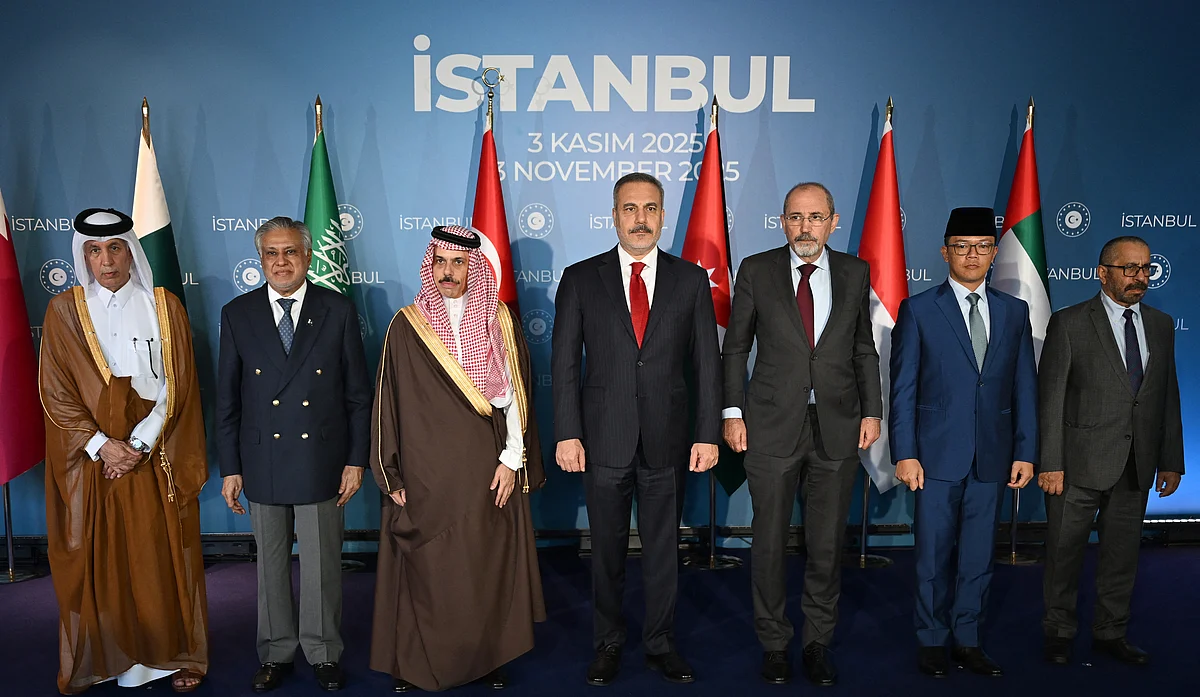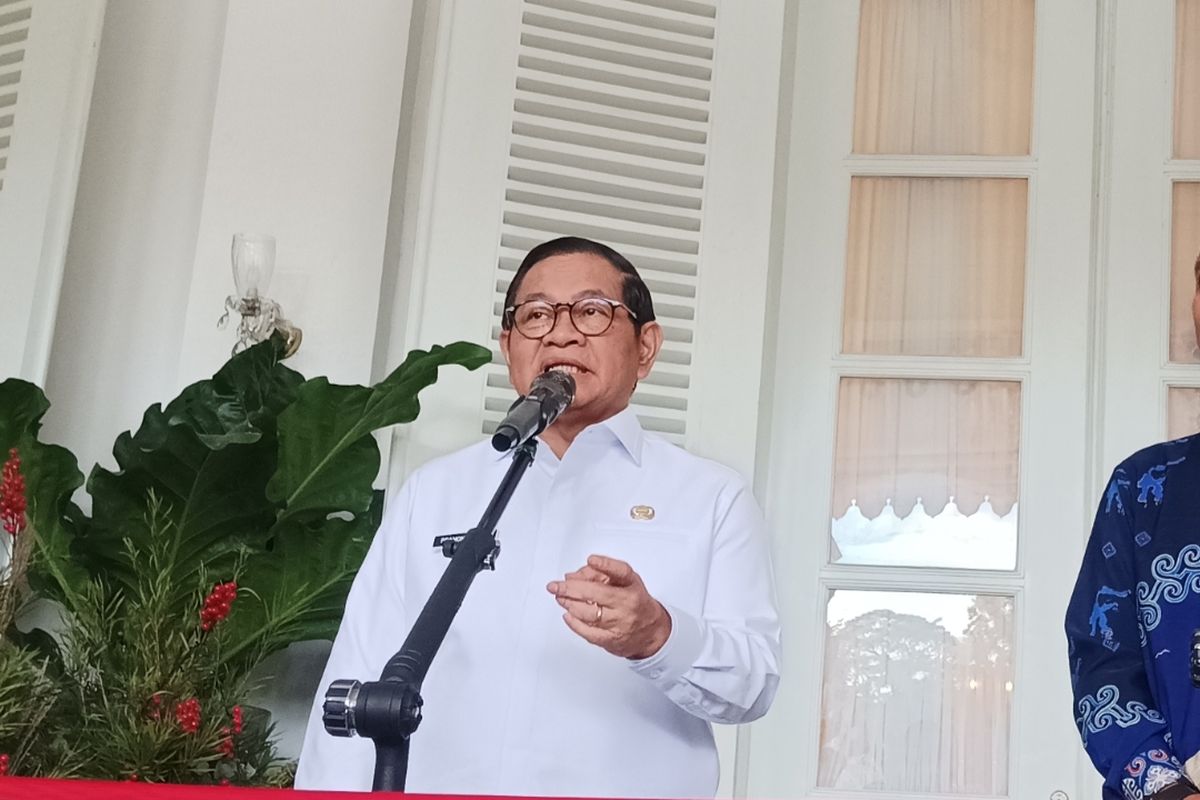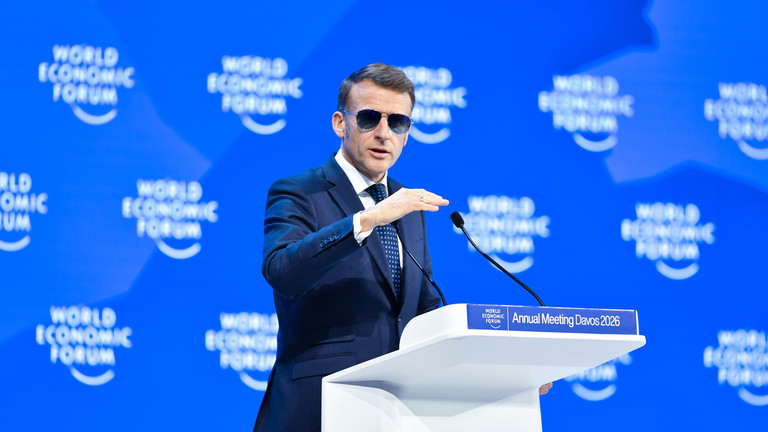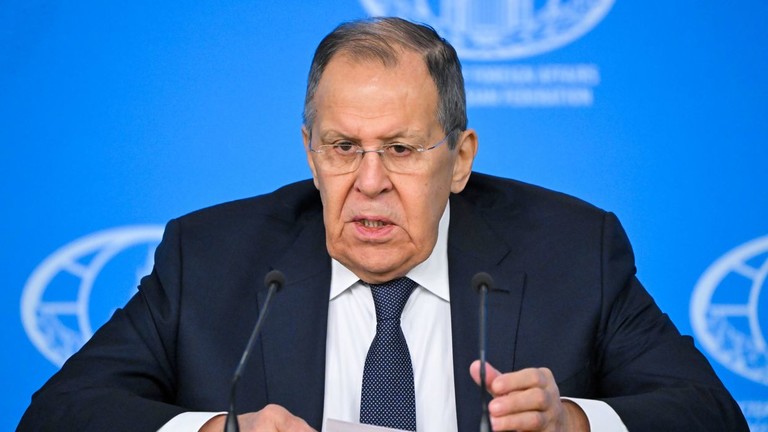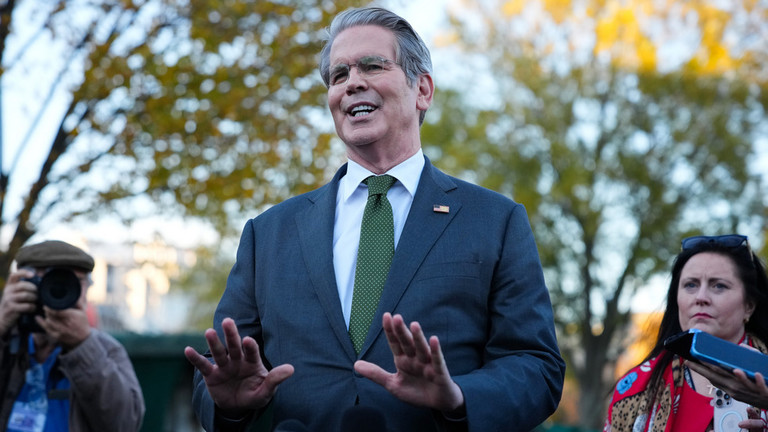Indonesia, Arab Saudi, Qatar, Yordania, UEA, Turki, dan Pakistan telah menerima undangan untuk bergabung dengan "Dewan Perdamaian" Presiden AS Donald Trump, kata kementerian luar negeri Arab Saudi dalam pernyataan bersama yang juga mencakup Uni Emirat Arab.
Pernyataan itu menambahkan bahwa setiap negara akan menandatangani dokumen aksesi.
Kuwait juga telah menerima undangan untuk bergabung dengan Dewan Perdamaian, kata kementerian luar negerinya.
Trump telah mengundang puluhan pemimpin dunia untuk bergabung dengan inisiatifnya yang bertujuan untuk menyelesaikan konflik global, meskipun para diplomat mengatakan langkah tersebut dapat merugikan kerja Perserikatan Bangsa-Bangsa.
Namun Arab Saudi mengatakan bahwa kelompok negara-negara mayoritas Muslim - Arab Saudi, Turki, Mesir, Yordania, Indonesia, Pakistan, dan Qatar - mendukung tujuan untuk mengkonsolidasikan gencatan senjata permanen di Gaza, mendukung rekonstruksi, dan memajukan apa yang mereka sebut sebagai "perdamaian yang adil dan abadi".
Di Forum Ekonomi Dunia di Swiss, Trump mengatakan kepada wartawan bahwa Putin telah menerima undangannya untuk bergabung. "Dia diundang, dia telah menerima. Banyak orang telah menerima," kata Trump.
Putin merespons dengan cepat, mengatakan undangan tersebut sedang dipertimbangkan, lapor Reuters. Dia mengatakan Rusia siap menyediakan $1 miliar dari aset Rusia yang dibekukan dan bahwa dia memandang dewan tersebut terutama relevan dengan Timur Tengah.
Tidak jelas berapa banyak negara yang telah diundang untuk bergabung dengan badan baru Trump - Kanada dan Inggris termasuk di antaranya, tetapi belum memberikan tanggapan publik. UEA, Bahrain, Albania, Armenia, Azerbaijan, Belarus, Hungaria, Kazakhstan, Maroko, dan Vietnam telah mendaftar.
Pada hari Rabu, Vatikan juga mengkonfirmasi bahwa Paus Leo telah menerima undangan. Berbicara kepada wartawan pada hari Rabu, Sekretaris Negara Vatikan, Kardinal Pietro Parolin, mengatakan
Namun Perdana Menteri Slovenia Robert Golob mengatakan bahwa ia menolak undangan tersebut karena badan itu "secara berbahaya mengganggu tatanan internasional yang lebih luas".
Sebuah dokumen yang bocor menyatakan bahwa piagam Dewan Perdamaian akan mulai berlaku setelah tiga negara secara resmi setuju untuk terikat olehnya, dengan negara-negara anggota diberikan masa jabatan tiga tahun yang dapat diperpanjang dan kursi tetap tersedia bagi mereka yang menyumbang $1 miliar (£740 juta), demikian disebutkan.
Piagam tersebut menyatakan badan tersebut sebagai organisasi internasional yang diberi mandat untuk melaksanakan fungsi pembangunan perdamaian berdasarkan hukum internasional, dengan Trump menjabat sebagai ketua - dan secara terpisah sebagai perwakilan AS - dan memegang wewenang untuk menunjuk anggota dewan eksekutif dan membuat atau membubarkan badan-badan bawahan.
Jumat lalu, Gedung Putih menunjuk tujuh anggota Dewan Eksekutif pendiri, termasuk Menteri Luar Negeri AS Marco Rubio, utusan Timur Tengah Steve Witkoff, menantu Trump Jared Kushner, dan mantan perdana menteri Inggris Tony Blair.

